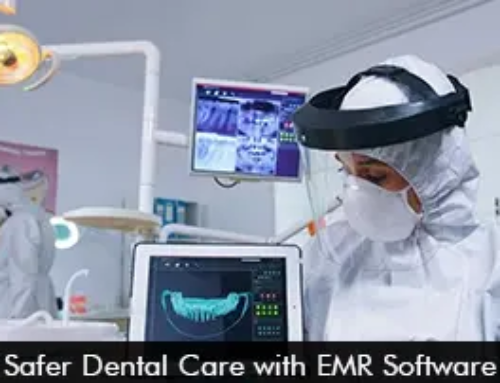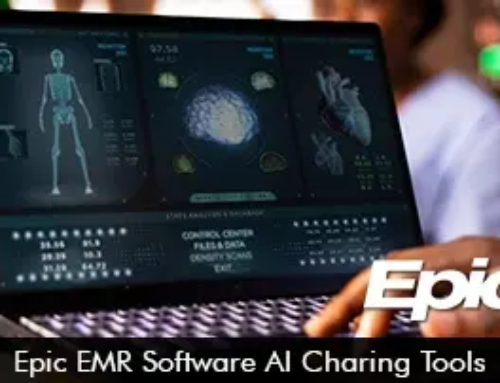Generative artificial intelligence has been one of the most promising new technologies of recent times. AI provides a powerful way to automate different tasks by utilizing powerful computing algorithms with an intuitive and natural interface. The health IT sector is already one of many industries which have benefitted enormously from it.
Recently Epic EHR, one of the leading Electronic Health Records software systems, announced that it has integrated AI into its software using Microsoft’s Azure OpenAI service. With Epic EHR hopping on the bandwagon of the AI trend, what other vendors can practitioners look at and what can they expect to see from AI?
Azure OpenAI in Healthcare IT Systems
Azure OpenAI provides a platform for developers to integrate AI tools into their products. Among such developers were Epic EHR and eClinicalWorks, who utilized Azure to integrate large language model tools into their Electronic Health Records software systems.
Some features introduced included natural language queries to Slicer Dicer (Epic EHR’s reporting tool), which allows clinicians to process, query and analyze data in a conversational and intuitive way.
5 EMR Software with AI Features
There have been several EMR software vendors to leverage the power of artificial intelligence. Here’s a list of Electronic Health Records software solutions utilizing AI:
- AthenaHealth
- One of the leading EHR software providers, athenaHealth has partnered with Nuance to introduce AI-powered solutions, such as speech recognition to improve clinical documentation.
- Epic EHR
- Epic EHR utilizes Azure OpenAI’s GPT-4 to integrate with their Electronic Health Records software, with features such as natural language queries. Additionally, Epic has also integrated with AI Voice Assistant Company Suki, to help clinicians generate clinical notes simply by listening to a conversation between a patient and clinician.
- eClinicalWorks
- Even before the emergence of AI chatbots, had used machine learning algorithms to develop a machine learning AI virtual assistant, EVA. After investing $100 million in Azure Cloud Services, eClinicalWorks has started to implement ChatGPT and machine learning models into their EHR and Practice Management software solutions.
- Allscripts
- Allscripts has leveraged Azure OpenAI’s GPT-4 to create an EHR system with unparalleled personalized patient care capabilities. The integration assists physicians in creating personalized treatment plans, fostering patient engagement, and achieving better treatment adherence.
- Cerner Millenium
- After partnering with Nuance, Cerner integrated its natural language processing (NLP) technologies with its voice recognition features.
What features can AI potentially bring in the future?
Machine learning and artificial intelligence provide a great amount of opportunity, for EMR software and healthcare in general. The ability to analyze medical records and large amounts of data can help improve patient care, reduce the cost of care, and support both administrative and clinical operations.
Among other things AI can bring the following benefits:
Accelerating Drug Discovery
The development of drugs is laborious, in terms of cost and time needed for it. Artificial intelligence provides an exciting way to accelerate this development, by using machine learning models to recognize patterns in molecular properties, images, and text from huge amounts of data.
Enhancing Medical Imaging Analysis
Monitoring and treating several diseases can be aided with medical imaging. Faster and more accurate analysis of such data is something Artificial Intelligence is suited for. Nuance+ and Microsoft are working on improving the process of translating AI-powered imaging models into existing health IT applications, to improve everyday clinical care.
Real-time and Accurate Data
Undoubtedly one of the most exciting aspects is having access to more accurate data more quickly. Whilst not perfect, machine learning algorithms are simply far more capable of processing large amounts of data. With this, clinicians and medical professionals can receive far more accurate data quicker than usual – allowing them to make data-driven decisions more effectively.
Conclusion
Artificial intelligence has brought about a new era of exciting possibilities for EHR software and the healthcare industry. By using the power of natural language processing and predictive analytics, EHR platforms have become more efficient, accurate, and user-friendly.
As this technology continues to evolve, we can expect even more greater benefits in patient outcomes and transformations in care delivery. The future of EHR software looks promising as artificial intelligence now begins to evolve with healthcare.








